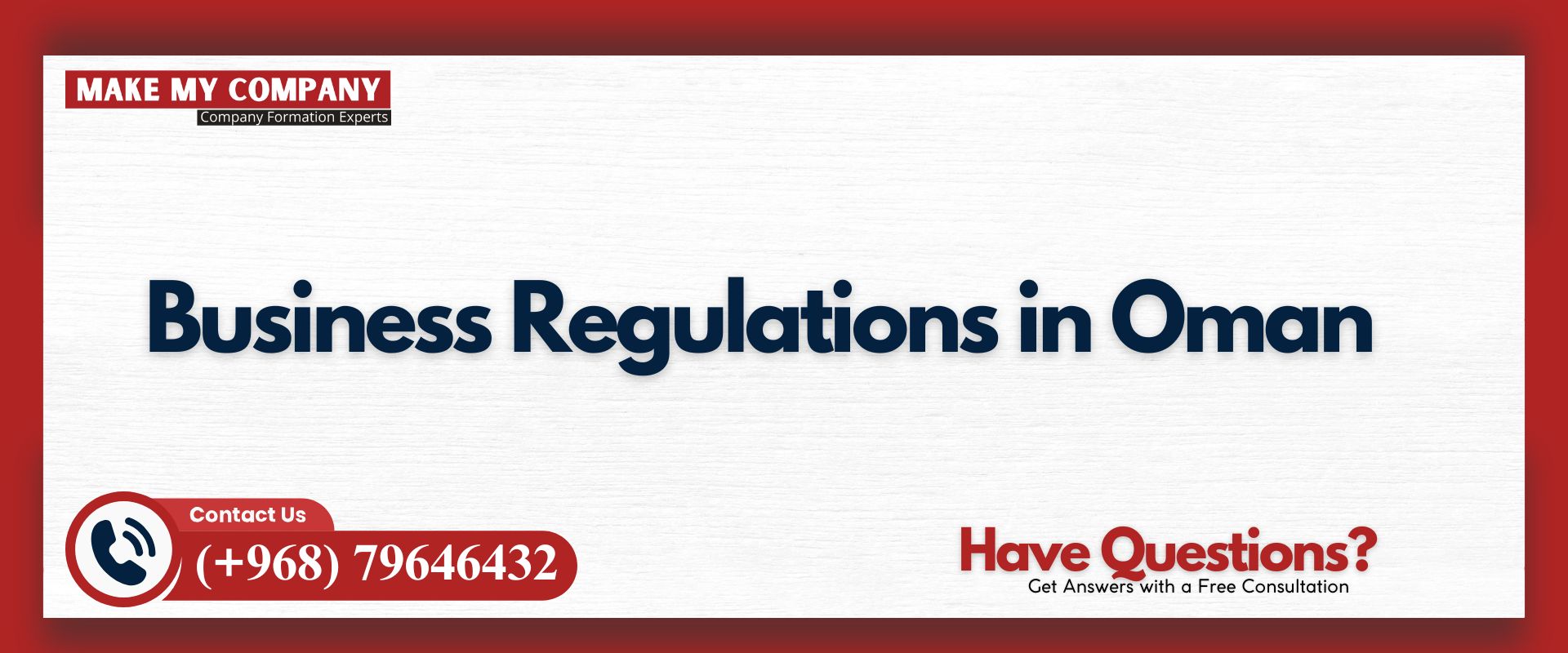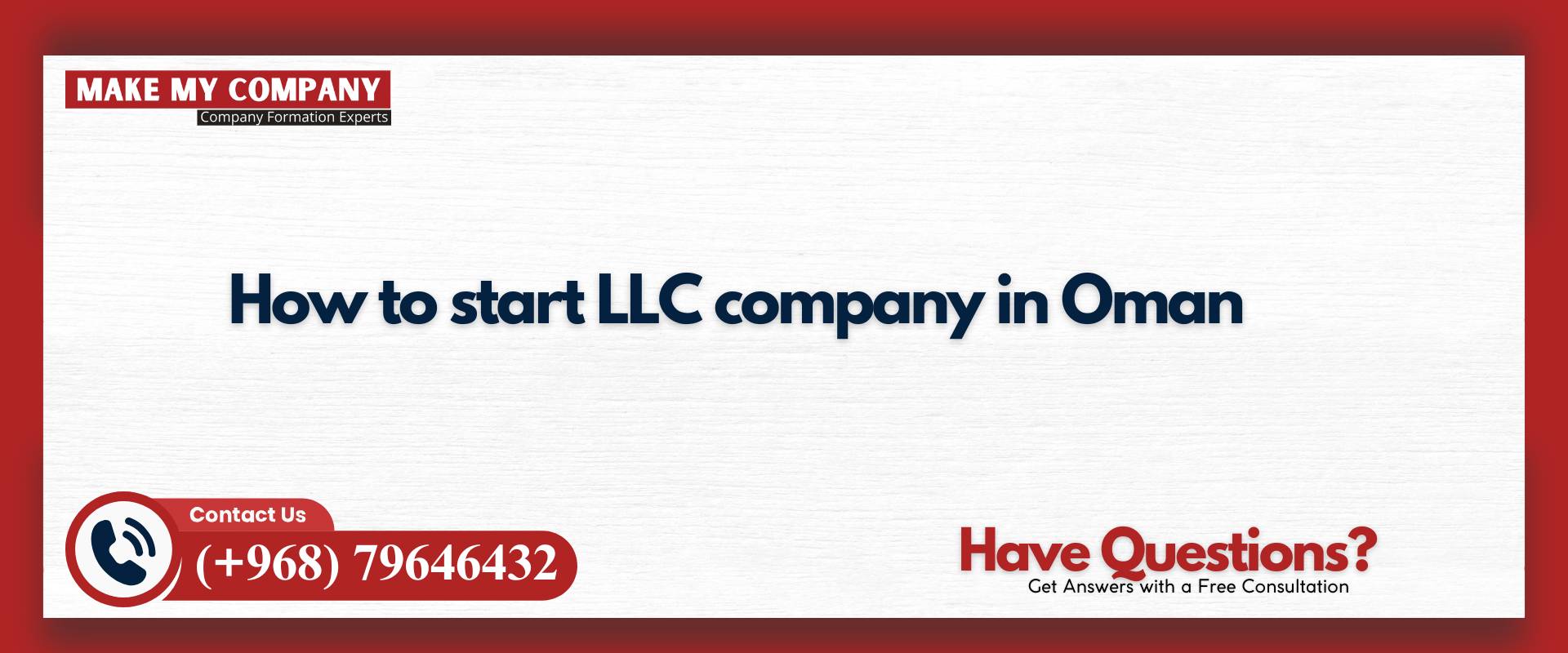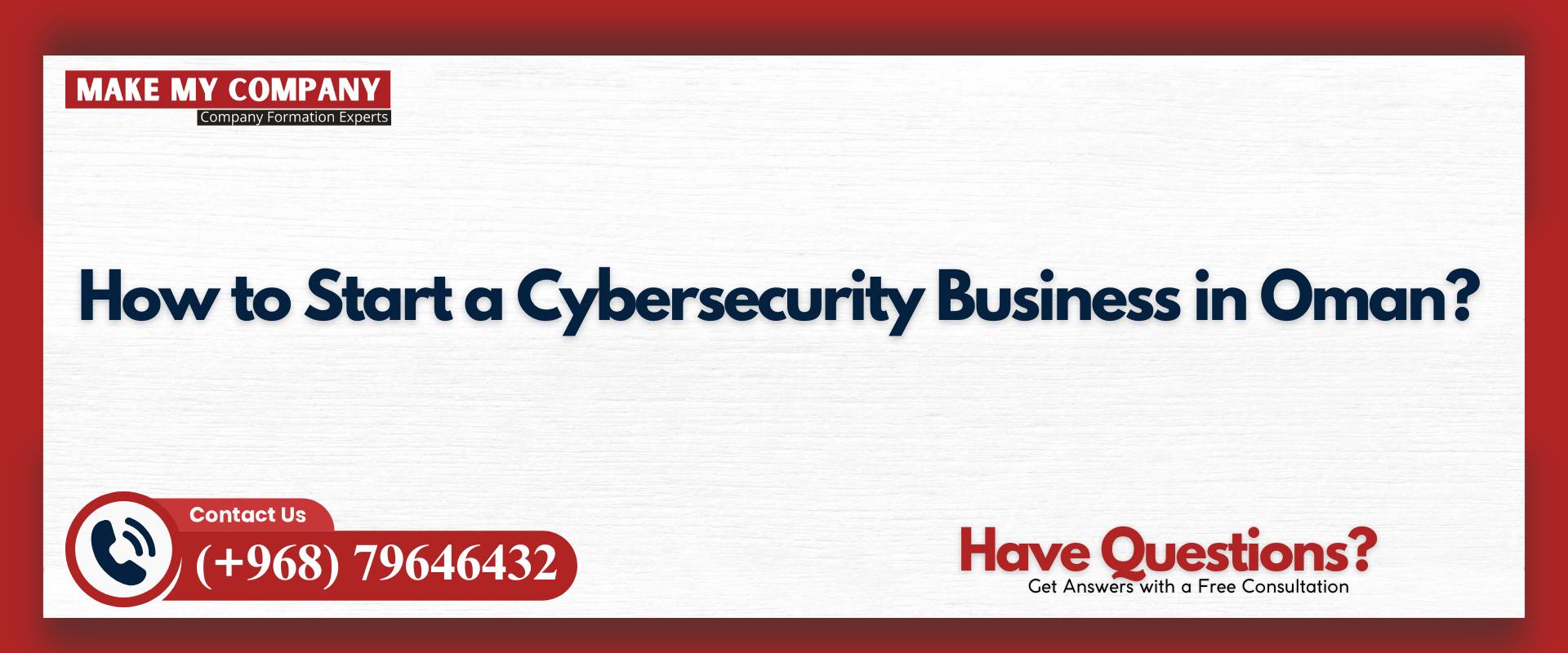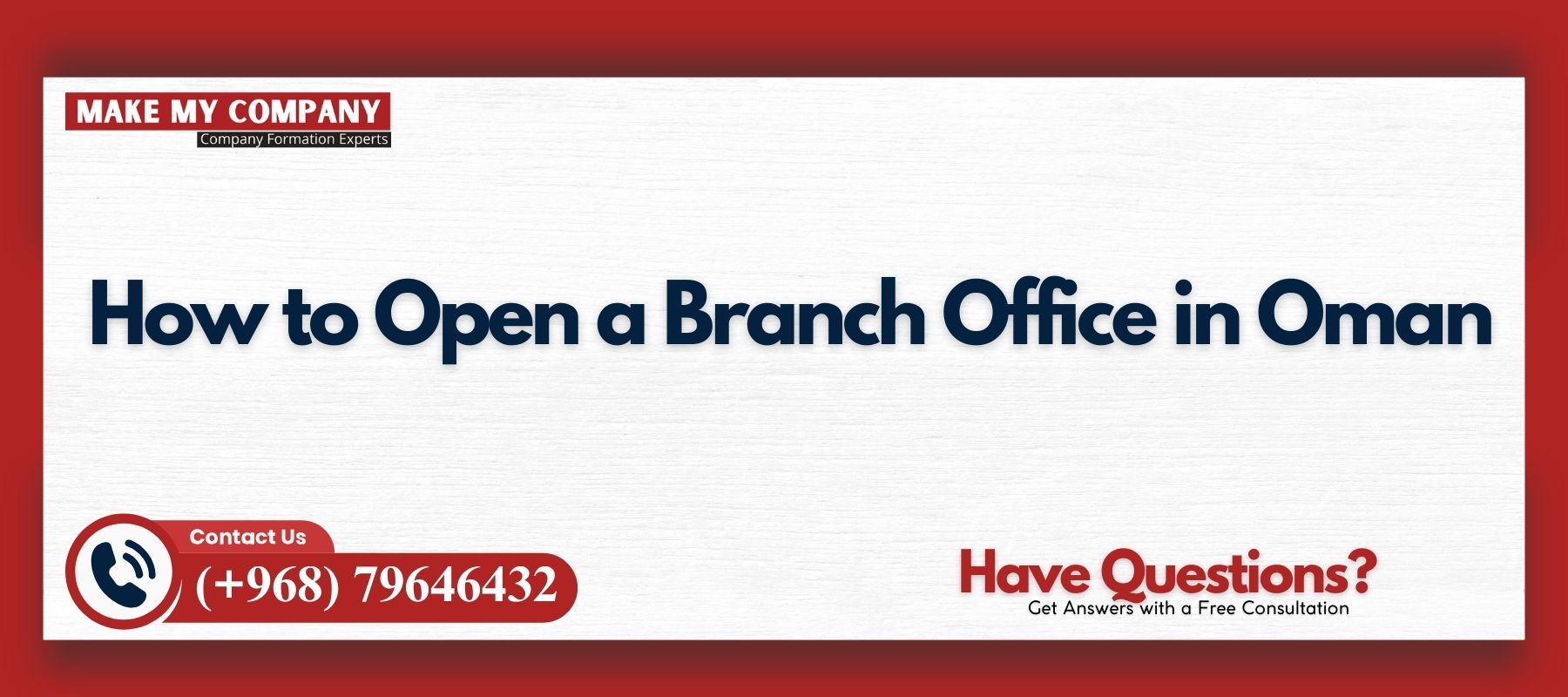Oman, a thriving economic hub in the Arabian Gulf, is rapidly establishing itself as a prime destination for business investment and foreign investment in Oman. Guided by the ambitious Vision 2040, the Sultanate offers a business-friendly environment that attracts entrepreneurs and corporations worldwide. However, navigating business regulations in Oman is crucial for ensuring compliance and achieving business success in Oman. This article explores the key aspects of Oman’s business regulations, leveraging high-traffic keywords like Oman business setup, Oman company registration, and business compliance in Oman to provide a comprehensive guide. Written in a human-centric tone, we’ll uncover how these regulations support business growth in Oman and how entrepreneurs can thrive in this dynamic market.
Understanding Oman’s Regulatory Framework
Oman’s regulatory landscape is designed to foster economic diversification and attract foreign investment. Governed by entities like the Ministry of Commerce, Industry, and Investment Promotion (MOCIIP) and the Capital Market Authority (CMA), business regulations in Oman ensure transparency, accountability, and ease of doing business.
Role of the Ministry of Commerce
The MOCIIP oversees Oman company registration, licensing, and compliance. It streamlines processes for businesses, offering online portals for business setup, making it easier for entrepreneurs to establish operations.
Capital Market Authority Regulations
The CMA regulates financial markets and public companies, ensuring financial transparency and investor protection. Businesses must comply with CMA guidelines for financial reporting, especially those seeking foreign investment in Oman.
Tax-Friendly Environment
Oman offers a tax-friendly environment with no personal income tax and a corporate tax rate of 15%, with exemptions for certain sectors. This encourages business growth in Oman by reducing financial burdens on companies.
Foreign Ownership Policies
Recent reforms allow 100% foreign ownership in most sectors, a significant shift from previous requirements for local partners. This policy enhances Oman’s appeal as a destination for business investment.
Key Business Regulations for Oman Company Setup
Setting up a business in Oman requires adherence to specific regulations to ensure business compliance in Oman. Understanding these rules is essential for a smooth Oman business setup process.
Business Registration Process
The Oman company registration process involves selecting a business structure, such as a Limited Liability Company (LLC) or Joint Stock Company, and registering with the MOCIIP. Businesses must submit required documents, including a business plan and identification details.
Commercial Licensing Requirements
All businesses need a commercial license from the MOCIIP, specifying the type of activity, such as trading or manufacturing. Licensing ensures compliance with Oman’s business regulations and facilitates operations in free zones like Duqm or Salalah.
Capital Requirements
Depending on the business type, minimum capital requirements apply. For example, an LLC requires a minimum capital of OMR 20,000 for 100% foreign ownership. This supports business stability and investor confidence.
Labour and Employment Laws
Oman’s labour laws, governed by the Ministry of Labour, mandate fair wages, working hours, and employee rights. Businesses must comply with Omanisation policies, which promote hiring local talent, aligning with Vision 2040.
Industry-Specific Regulations in Oman
Oman’s diversified economy spans industries like oil and gas, tour tourism**, logistics, and manufacturing, each governed by specific regulations. Expert auditing ensures compliance with these sector-specific rules.
Oil and Gas Regulations
The oil and gas sector, a cornerstone of Oman’s economy, is regulated by the Ministry of Energy and Minerals. Companies must adhere to environmental, safety, and operational standards to secure licenses.
Tourism and Hospitality Regulations
The tourism sector, growing due to attractions like Muscat and Jabal Akhdar, requires compliance with Ministry of Heritage and Tourism regulations. These include licensing for hotels and safety standards for visitors.
Logistics and Supply Chain Rules
Oman’s strategic ports, such as Duqm and Salalah, are governed by logistics regulations ensuring efficient trade operations. Businesses must comply with customs and safety protocols to operate smoothly.
Manufacturing Standards
The manufacturing sector adheres to quality and safety standards set by the MOCIIP. Compliance with these regulations ensures product reliability and supports business growth in Oman.
Free Zones and Special Economic Zones
Oman’s free zones, such as Duqm Special Economic Zone, Salalah Free Zone, and Sohar Free Zone, offer relaxed regulations and incentives to attract foreign investment. These zones simplify business setup in Oman.
Tax Exemptions and Incentives
Free zones provide tax exemptions, reduced customs duties, and 100% foreign ownership, making them attractive for business investment in Oman. These incentives support business expansion.
Streamlined Licensing
Licensing in free zones is faster and less stringent, allowing businesses to start operations quickly. This streamlined process enhances Oman’s appeal as a business-friendly environment.
Infrastructure Support
Free zones offer world-class infrastructure, including ports, roads, and utilities, reducing operational costs. This supports business success in Oman by providing a conducive environment.
Access to Regional Markets
Located at the crossroads of the GCC, Asia, and Africa, Oman’s free zones provide access to regional markets, making them ideal for export-oriented businesses.
Compliance and Auditing Requirements
Compliance with Oman’s business regulations requires regular auditing to ensure financial transparency and adherence to legal standards. Expert auditing is critical for maintaining business compliance in Oman.
Financial Reporting Standards
Businesses must comply with International Financial Reporting Standards (IFRS) and submit audited financial statements to the CMA. This ensures financial transparency and investor trust.
Tax Compliance
Oman’s tax regulations require accurate reporting of corporate income. Expert auditing helps businesses avoid penalties and maintain compliance with the Oman Tax Authority.
Labour Compliance Audits
Regular audits ensure compliance with Omanisation policies and labour laws, protecting employee rights and aligning with Vision 2040 goals.
Environmental and Safety Regulations
Industries like oil and gas and manufacturing must adhere to environmental and safety standards. Auditing services ensure compliance, reducing risks and enhancing sustainability.
Benefits of Adhering to Oman’s Business Regulations
Compliance with business regulations in Oman offers numerous benefits, from operational efficiency to enhanced credibility, supporting business success in Oman.
Enhanced Investor Confidence
Transparent compliance with Oman’s regulations attracts foreign investment by demonstrating financial integrity and reliability.
Operational Efficiency
Adhering to regulations streamlines operations by reducing legal risks and ensuring smooth Oman business setup processes.
Market Reputation
Compliance enhances a company’s reputation in Oman’s competitive market, fostering trust among clients, partners, and regulators.
Support for Expansion
Regulatory compliance facilitates business expansion in Oman by ensuring legal stability and access to government incentives.
Challenges of Navigating Business Regulations
While Oman’s regulations are business-friendly, challenges may arise during implementation. Addressing these ensures smooth operations.
Complex Licensing Processes
Navigating commercial licensing can be complex for new businesses. Partnering with business setup consultants simplifies the process.
Keeping Up with Regulatory Changes
Oman’s regulations evolve rapidly. Staying updated through expert auditing and legal advisors ensures ongoing business compliance in Oman.
Omanisation Requirements
Meeting Omanisation quotas can be challenging for foreign companies. Training programs and local partnerships help achieve compliance.
Cost of Compliance
Compliance costs, such as auditing and licensing fees, can be high. However, the long-term benefits of business success in Oman outweigh these expenses.
Conclusion
Business regulations in Oman are designed to foster a business-friendly environment while ensuring financial transparency and compliance. By understanding and adhering to these regulations, businesses can achieve business success in Oman, attract foreign investment, and contribute to Vision 2040. From Oman company registration to expert auditing, compliance simplifies operations and enhances credibility. Partnering with business setup consultants in Oman can streamline the process, ensuring businesses navigate regulations effectively and thrive in Oman’s dynamic market.
FAQs
What are the key business regulations in Oman?
Business regulations in Oman include company registration, commercial licensing, tax compliance, labour laws, and financial reporting standards, ensuring business compliance in Oman.
How do free zones in Oman benefit businesses?
Free zones like Duqm and Salalah offer tax exemptions, 100% foreign ownership, and streamlined licensing, supporting business investment in Oman.
What is the role of auditing in Oman’s business regulations?
Expert auditing ensures financial transparency, tax compliance, and adherence to Oman’s regulatory standards, fostering investor trust and business success in Oman.
How can businesses comply with Omanisation policies?
Businesses can comply with Omanisation by hiring local talent, offering training programs, and partnering with business setup consultants in Oman to meet quotas.
Why is Oman attractive for foreign investment?
Oman’s tax-friendly environment, 100% foreign ownership, strategic location, and Vision 2040 initiatives make it a prime destination for foreign investment in Oman.









